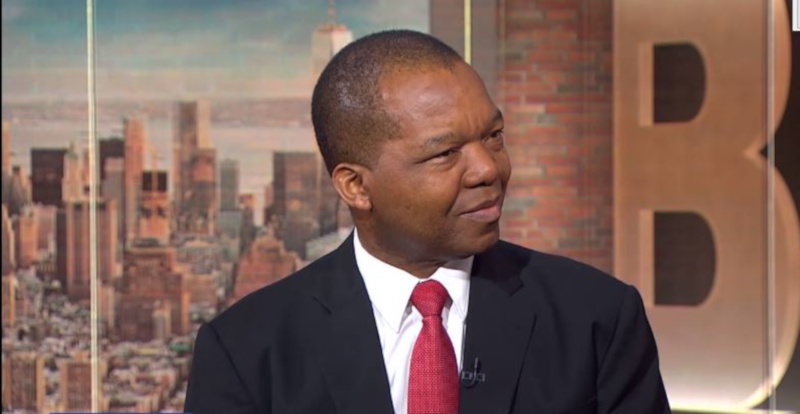Reserve Bank of Zimbabwe (RBZ) governor John Mangudya has ordered banks to separate Nostro foreign currency accounts (FCAs) from the real-time gross settlement (RTGS) deposits. This effectively means the Nostro FCA will be for actual United States Dollars while the RTGS accounts will be for electronic money and bond notes. According to the governor, the Nostro foreign currency accounts will be used to stamp out the leakages of foreign currency leakages onto the black market.
Said Mangudya,
With immediate effect, all banks are therefore directed to effectively operationalise the ring-fencing policy on Nostro foreign currency accounts by separating foreign currency accounts (FCAs) into two categories, namely Nostro FCAs and RTGS FCAs.
Accordingly, all banks are directed to use their know-your-client (KYC) principles to
comply with this directive to separate the accounts without requiring their clients to
complete any other documentation other than for new bank accounts. Banks have been
provided with a period of up to 15 October 2018 to fully comply with this policy
measure. Banks are also expected to provide reasonable deposit rates on the Nostro
FCAs in line with international best practice on such accounts….For the avoidance of doubt, foreign currency in the Nostro FCAs pertains to free
funds, diaspora remittances, international organisations’ remittances, portfolio
investment inflows, loan proceeds and export retention proceeds. It is also essential to
note that all exporters retain 100% of their export proceeds with the exception of gold
producers that retain 30% of export proceeds; platinum, diamonds and chrome 35%
and; 20% for tobacco and cotton producers.
However, Mangudya stressed that the government has not devalued the Bond Note and has no intention of doing so as this will be tantamount to committing economic suicide. Responding to questions on the separation of Nostro FCA accounts and RTGS deposits, Mangudya said that this was necessary to preserve value for those exporting or bringing in foreign currency into the country.
Related:
Download PDF: Mid-Term Monetary Policy Statement By John Mangudya



Back to top